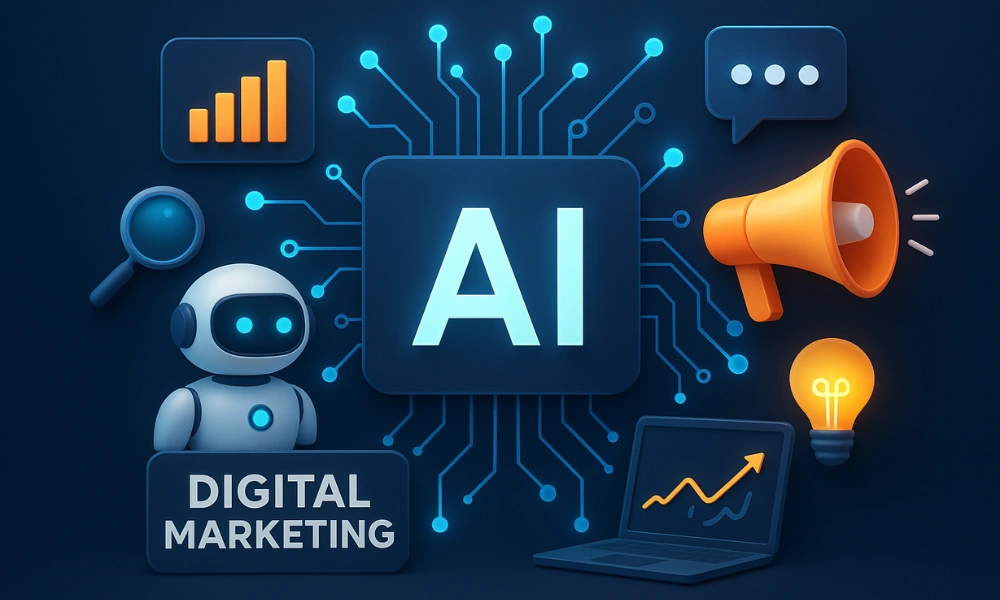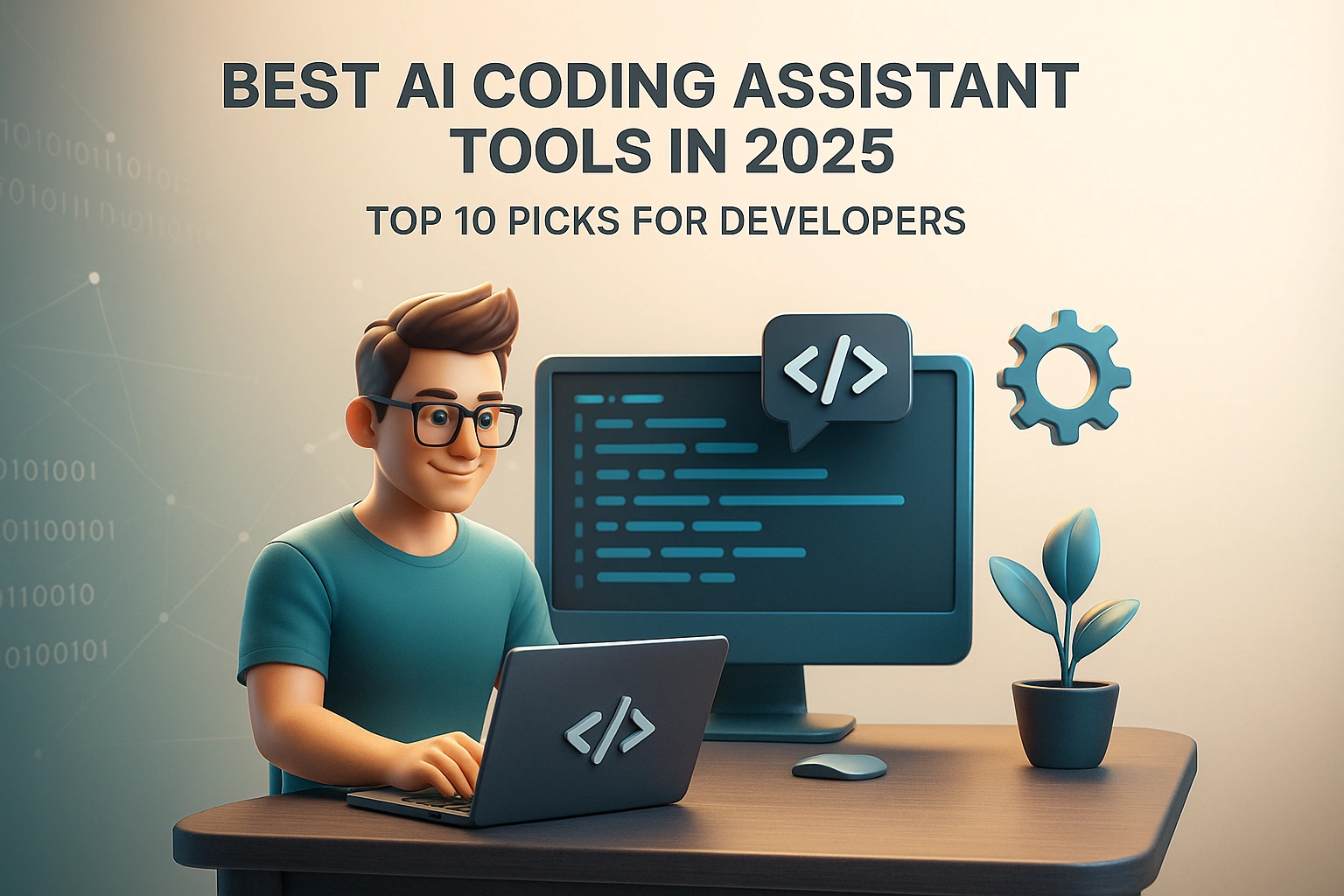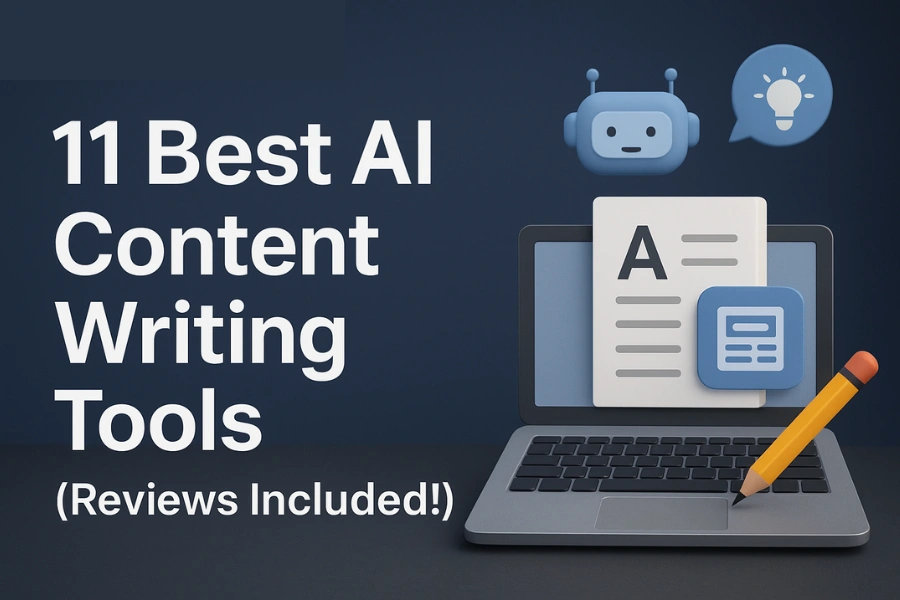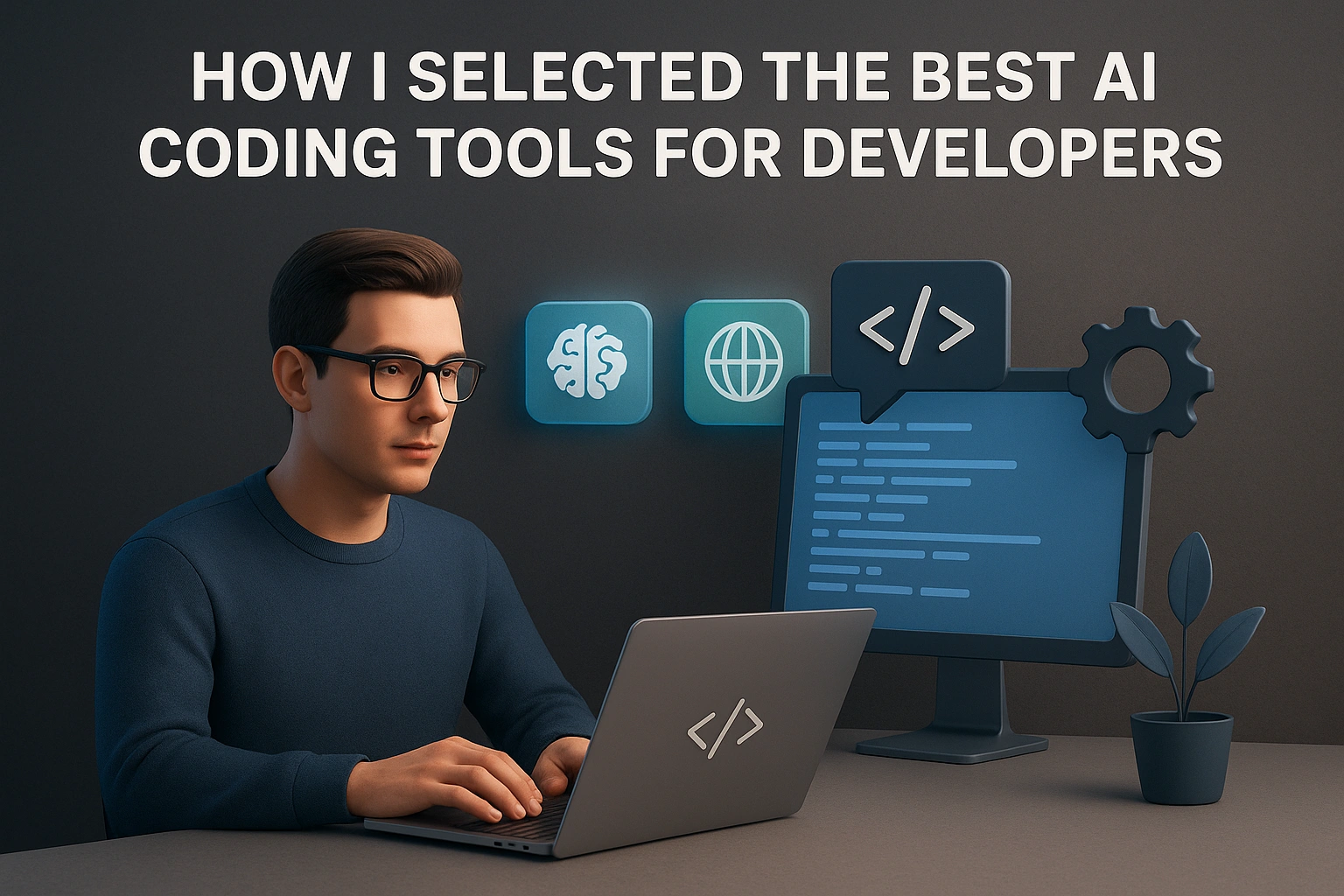
- August 29, 2025
- Top Search
- 12:13 pm

AI coding assistants are no longer just sidekicks—they’re quickly becoming essential partners in modern software development. From speeding up debugging to writing entire functions, AI can dramatically boost productivity. Instead of replacing developers, these assistants enhance coding efficiency, reduce repetitive work, and help teams maintain higher-quality codebases.
But with so many tools coming out every month, it can be overwhelming to choose the right one. That’s why we’ve narrowed it down to the 10 best AI coding assistant tools in 2025—tried, tested, and trusted by developers worldwide.
Why AI Coding Assistants Matter
Developers spend a significant portion of their time on repetitive or non-creative tasks—debugging, writing boilerplate code, formatting, and reviewing code. AI coding assistants reduce this burden by:
-
Saving Time – Automating routine tasks frees developers to focus on solving problems.
-
Improving Quality – Context-aware assistants suggest cleaner, more maintainable solutions.
-
Boosting Productivity – Teams ship features faster with fewer bugs.
-
Supporting Learning – Junior developers can learn coding patterns from AI suggestions.
Instead of replacing human intelligence, these tools act as amplifiers—helping engineers write better code in less time.

1. GitHub Copilot
Best for: General-purpose coding and real-time code suggestions
GitHub Copilot, powered by OpenAI Codex, remains the most popular AI coding assistant. It integrates directly with VS Code, JetBrains, and other IDEs to provide instant code completions, function suggestions, and boilerplate code. Developers love it for its ability to “read your mind” when writing common patterns.
Key Features:
-
Autocompletes entire functions and blocks of code
-
Supports dozens of programming languages
-
Learns from your existing codebase
-
Strong ecosystem with GitHub Actions and Codespaces
Why It Stands Out:
Copilot is the most widely adopted, making it easy to integrate into team workflows. It’s perfect for day-to-day productivity boosts.
2. Qodo
Best for: Enterprise-grade coding and compliance
Qodo has emerged as a serious competitor by focusing on enterprise needs. It doesn’t just suggest code—it understands company-wide coding standards, compliance requirements, and integrates directly into DevOps pipelines.
Key Features:
-
AI-powered code review with compliance checks
-
Enterprise-grade security and audit trails
-
Context-aware recommendations across repositories
-
Multi-agent workflow automation
Why It Stands Out:
Perfect for companies where security, compliance, and consistency matter as much as speed.
3. Amazon Q Developer
Best for: Cloud-native and AWS developers
Amazon Q Developer is Amazon’s AI-powered assistant designed specifically for cloud and AWS-heavy projects. It helps with everything from writing Lambda functions to configuring cloud services.
Key Features:
-
Context-aware AWS SDK code generation
-
Debugging for cloud-native apps
-
Deep integration with AWS services
-
Natural language queries for AWS docs
Why It Stands Out:
If your company runs on AWS, this tool can cut hours off deployment and configuration work.
4. Tabnine
Best for: Privacy-focused AI coding
Tabnine has been around longer than most competitors and is especially popular among developers concerned about data privacy. It runs models locally and offers self-hosted options for enterprises.
Key Features:
-
AI suggestions across 20+ languages
-
On-device or private cloud deployment
-
Team training on private codebases
-
Lightweight IDE integration
Why It Stands Out:
Great for developers who want AI productivity without sending code to external servers.
5. Replit AI
Best for: Beginners, startups, and quick prototyping
Replit has built an incredible ecosystem for learning and rapid development. Its AI assistant helps beginners write code in real time, debug errors, and even deploy small projects instantly.
Key Features:
-
Instant project setup in browser
-
AI-powered bug fixing and explanations
-
Collaborative “multiplayer” coding
-
Deployment built into platform
Why It Stands Out:
Best tool for learners, hackathon teams, or startups needing rapid prototypes.
6. Sourcegraph Cody
Best for: Large codebase navigation
Cody shines when you’re working in massive codebases that are hard to search and understand. It uses AI to answer questions about your repo, suggest improvements, and find dependencies quickly.
Key Features:
-
Context-aware queries across entire codebase
-
Explains unfamiliar code instantly
-
Integrates with Sourcegraph search
-
Supports enterprise-scale projects
Why It Stands Out:
Perfect for teams working on legacy systems or huge projects where understanding code is half the battle.
7. AskCodi
Best for: Developers who need fast documentation and snippet generation
AskCodi focuses on quickly generating code snippets, boilerplate, and documentation. It’s a lightweight but powerful assistant for smaller tasks.
Key Features:
-
Code and query generation
-
SQL, regex, and documentation helpers
-
Fast snippet-based suggestions
-
Browser extension available
Why It Stands Out:
Great productivity booster for developers who don’t want a heavy all-in-one assistant.
8. OpenAI Codex
Best for: API-powered custom coding assistants
OpenAI Codex is the underlying model powering many tools (including GitHub Copilot), but it’s also available via API for custom applications. Developers can build their own AI assistants tailored to their workflows.
Key Features:
-
API-first approach
-
Supports natural language to code
-
Highly customizable for niche use cases
-
Powers other tools like Copilot
Why It Stands Out:
Ideal if you want to build your own coding assistant rather than rely on a prepackaged tool.
9. DeepCode AI (Snyk Code)
Best for: AI-powered security and bug detection
DeepCode, now part of Snyk, is an AI assistant that goes beyond autocomplete. It scans code for vulnerabilities, performance issues, and bad practices using advanced AI models.
Key Features:
-
AI-powered static code analysis
-
Security vulnerability detection
-
Suggests patches in real time
-
Integrates into CI/CD
Why It Stands Out:
Best tool for developers focused on secure, production-ready code.
10. CodeGPT
Best for: Developers wanting chat-style code assistance
CodeGPT integrates into IDEs like VS Code, bringing a ChatGPT-like experience directly into your workflow. Developers can ask natural language questions and get code snippets, explanations, or debugging help instantly.
Key Features:
-
Chat-based IDE assistant
-
Explains code and errors in plain English
-
Generates documentation and tests
-
Uses GPT models fine-tuned for coding
Why It Stands Out:
Great for developers who prefer conversational interactions with their coding assistant.
Final Thoughts
AI coding assistants in 2025 are not here to replace developers—they’re here to make us better. By automating the repetitive, ensuring best practices, and providing intelligent suggestions, these assistants empower developers to focus on innovation and creativity.
The future will likely bring multi-agent coding ecosystems, where specialized AI tools collaborate under human guidance to deliver near-complete workflows overnight. But even today, adopting the right assistant can mean the difference between spending hours debugging and shipping production-ready code in minutes.
If you’re a developer looking to boost productivity, improve code quality, and future-proof your workflow, it’s time to explore these AI coding assistants.
Frequently asked Questions!
Replit AI is ideal for beginners and startups. It provides real-time coding suggestions, instant project setup, collaborative coding, and easy deployment, making it perfect for learning and prototyping.
No. AI coding assistants are designed to augment developers’ work, not replace them. They handle repetitive tasks, suggest code, and provide insights, allowing developers to focus on creative problem-solving and complex logic.
They reduce repetitive work, suggest optimized code, prevent common errors, provide documentation, and speed up debugging. This allows developers to focus on complex logic, architecture, and creative problem-solving.

Recent Posts:


11 Best AI Content Writing Tools in 2025 (Expert Reviews)


